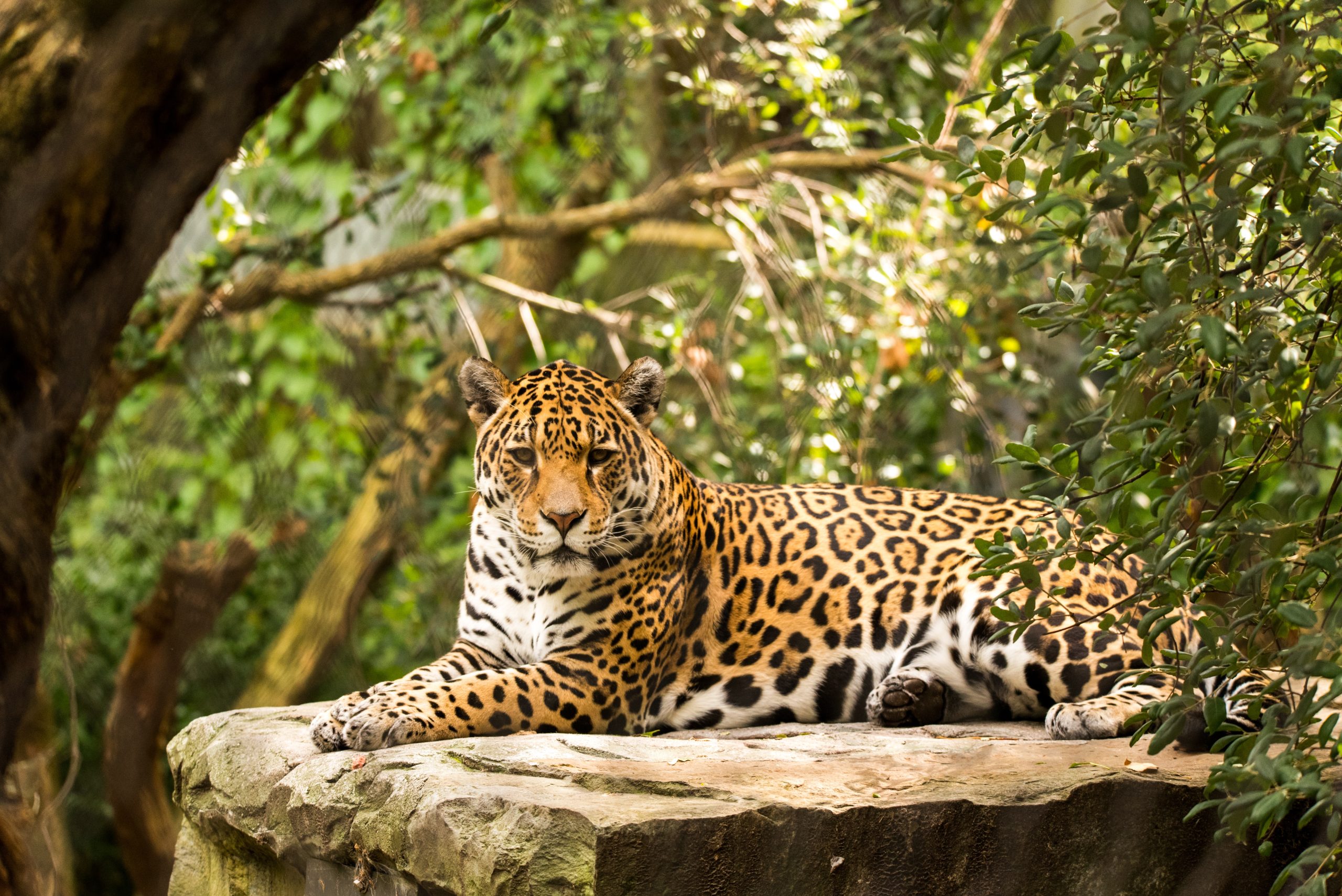Jaguars are not only one of the most impressive predators in the animal kingdom but have also played an important role in the mythology and culture of many societies around the world. These big cats have been admired, feared, and revered for centuries, and their symbolism has been represented in art, literature, and religion.
Mayan Culture
In Mayan culture, the jaguar was seen as a symbol of power, strength, and agility. The jaguar god, also known as the lord of the animals, was associated with the sun and rain, and was considered a protector of the Mayan people. The Mayans believed that warriors who displayed the jaguar’s traits of courage, agility, and fierceness in battle would be granted the power of the jaguar god.
Aztec Culture
Similarly, in Aztec culture, the jaguar was seen as a symbol of power and strength. Aztec warriors would wear jaguar skin as a way to channel the strength of the animal and become fierce warriors. The Aztecs also believed that the jaguar was a guardian of the underworld and played an important role in the cycle of life and death.
Native American Culture
In Native American culture, jaguars were often associated with protection, and were believed to have the power to ward off evil spirits. The Pueblo Indians, for example, believed that the jaguar was a guardian of the mountains and would protect their crops from drought and other disasters.
In other Native American cultures, jaguars were seen as tricksters and shape-shifters, able to take on the form of humans or other animals. The stories of these shape-shifting jaguars were often used to teach important lessons about life and the natural world.
Modern Culture
Even in modern culture, the jaguar continues to hold a place of significance. The jaguar is the national animal of Brazil, and is featured on the country’s coat of arms. In popular culture, the jaguar is often portrayed as a symbol of strength, speed, and agility, and is a popular choice for sports team logos.
Conservation
Despite the cultural significance of jaguars, their populations are under threat due to habitat loss, poaching, and human-wildlife conflict. Conservation efforts are being made to protect jaguar populations and their habitat. In 2018, the government of Argentina declared the jaguar a national natural monument, which provides legal protection for the species and its habitat.
Conclusion
Jaguars have played an important role in the mythology and culture of many societies around the world. Their power, strength, and agility have been admired, feared, and revered for centuries, and their symbolism has been represented in art, literature, and religion. While cultural significance is important, it is critical that we work to protect jaguars and their habitat. Conservation efforts are key to ensuring that these magnificent animals continue to thrive in the wild.




